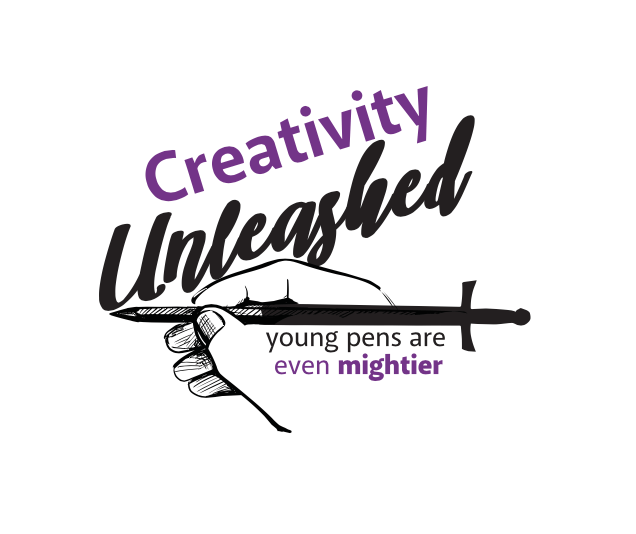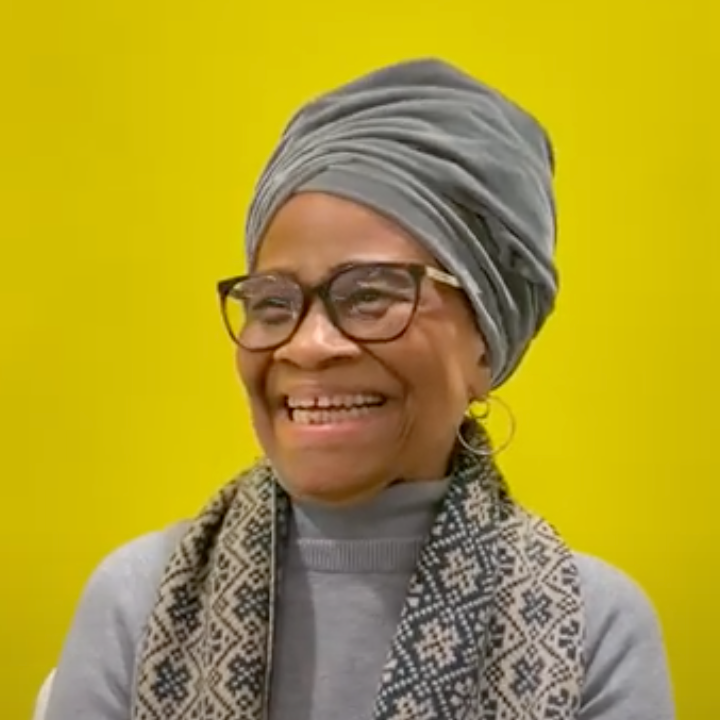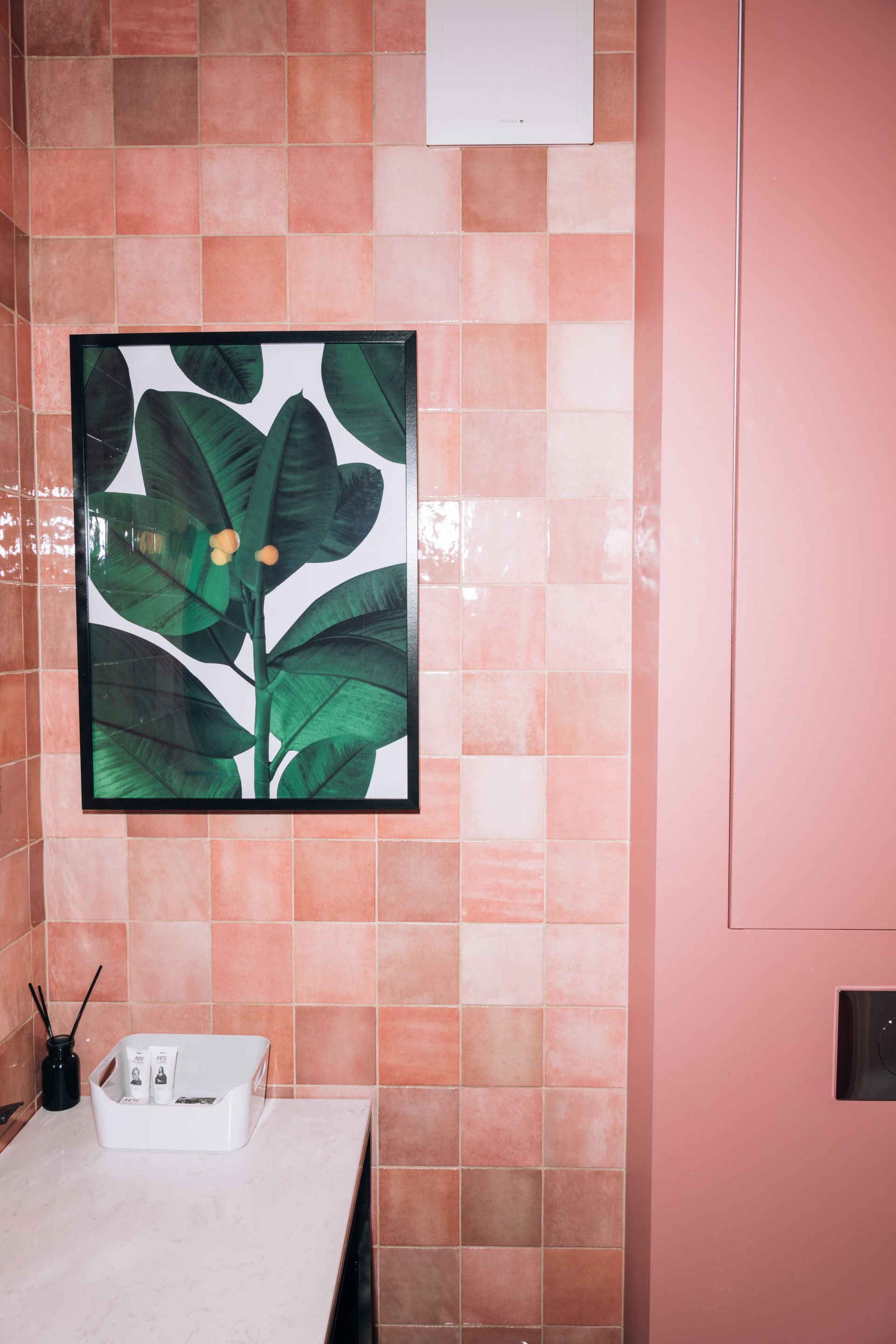Op ED: Cosplay is NOT Consent: Why Systemic Harassment Must Be Dismantled At Conventions
Written by Kaylee Romano from Russell Sage College - Troy - NY
Imagine you are at an event. The venue is filled with halls and halls of your favorite artists, actors, and any other pop culture icon you can think of. You’re dressed up as your favorite character, because as it so happens, the creator of that character will appear at this event. You worked so hard on your costume, slaved over it for hours (burned yourself countless times with a hot glue gun too) just to make sure it was absolutely perfect for when you met your idol. While walking the halls, a man asks for your picture. You agree. You feel great, confident in your appearance. But the thing is, when he’s taken his picture, that is not the last you’ll be seeing of him. No. He keeps following you – for the rest of the day. While this is happening, he keeps taking unsolicited pictures of you. Maybe even a video or two. Among the large crowd you don’t even notice him. This seems like something out of a stalker film, right? But in actuality it occurs frequently, and at the least likely place you’d think of: a comic book convention. Conventions have been occurring as early as the 1960s. Over the decades, hundreds of new events have brought in fans of every subculture from Sailor Moon to The Walking Dead. They’re a great way to connect with other fans and meet some of the creators/actors behind your favorite TV show, book, or movie. While the vibrant events offer endless panels, activities and vendors, a mainstay at these events has always been cosplay. Cosplay or “costume play” is the act of dressing up like a fictional (or sometimes non-fictional) character/figure. It is a pastime that is enjoyed by all ages at conventions. Because who wouldn’t want to dress up like their favorite superhero for a day? On the outside, these events look like great fun. And for the most part they are. Except for the hundreds of female attendees who are harassed by many sexist comments during the duration of our stay.
While the cause of this issue can be traced back to many sources, in the end it all lies in the media the fans themselves consume. Females have always been a minority in pop culture media. Typically, hyper-sexualized representations of women show them as weak/fragile in contrast to the male characters, or both. Thanks to the unfortunate history of female mis-portrayals on account of minority status, women have become an inherent target for harassment and sexism at conventions. This has become normalized behavior among some attendees. Females make up about 44% of the attendance at these events in comparison to the 54% of males who attend (Holloway). And with the larger influx of younger fans attending within the past few years, it is imperative that we put a stop to this behavior as soon as possible. Otherwise, we risk subjecting
them to situations they should never have to worry about at all. After all, they may not be fortunate enough to say they were only followed by a creepy man with a camera. The negative portrayal of women in pop culture media is nothing new. Over the years, though women are present now in what were traditionally male-dominated areas of the medium, they are still almost always not equal to their male counterparts. “The Pudding,” an online platform that debates ideals in culture through digital essays, has done a great study on this. Analyzing over 34,000 comic books, they measure the various gender imbalances found within them. With over 2,500 teams in both the DC and Marvel universe combined, only 4.8% of the teams included both men and women or had women as the majority (Shendruk). On top of this, the study also found that women heroes were two times as likely to be given a name that made them seem “weak, less dangerous, less aggressive and not on equal footing with male characters” (Shendruk). Now we know why we see names like “Batgirl” or “Supergirl” so much. On the visual spectrum of characters, women are also more sexualized than men. Take for instance, Danganronpa, an innovative murder mystery visual novel game. All of the characters are high school students with exceptional talents. It features a vibrant cast of strong female characters, with great potential for character growth and representation. But in the end, these female characters are ultimately brought down by their hypersexualized designs, and usually reduced to being nothing more than a joke due to their appearance.
The “Ultimate Gymnast” and “Ultimate Inventor” in comparison to the “Ultimate Detective” and “Ultimate Astronaut”. It also does not help that out of the two male characters shown above, one replaces the female protagonist within the first chapter of the game. And the other makes several sexist remarks towards female characters, all while he is preached as the quote on quote “support” character. Due to stigmas like these placed against women in pop culture, those of us who enjoy and cosplay these characters are subjected to comments like: “They should reserve spots at panels for the real fans” or “You’re too black/ugly/short/tall/fat/skinny to be that character”
(Griffiths). Even if you are someone who is “tough as nails,” hearing any unprompted stranger declare their unsolicited opinion of your appearance can do irreversible damage. Now just imagine if you were a young girl who was the subject of one of these claims. This sort of
devastation is difficult to recover from; it’s something you never forget, especially at an event where you expect to have fun. I would certainly know. An older gentleman once called my friend a: “whore,” a word with such venom that reduced her to tears upon hearing it. We were both only 15 at the time. You’re probably wondering, “Why aren’t the event planners doing anything to make the environment safer for its female attendees?” Well, they are. Events such as New York Comic Con have partnered with various women-friendly groups to advocate on behalf of women. Their motto: “Cosplay is NOT consent.” Just because someone is dressed up as a fictional character does not give you the right to
treat them like an object devoid of feelings. And while security is littered throughout the venues and various rules and regulations are in place... this pervasive culture continues to be a noticeable problem. Such events attract up to 250,000 attendees at any one time; it is virtually impossible to have eyes everywhere keeping every female safe. That is why they push these mottos, in the hopes that some degenerates will gain some decency.
Now, when said degenerates are confronted about their disgusting behaviors, usually their first claim is to say “Well, you’re dressed like that so aren’t you kind of asking for it?” No, a large majority of us just want to enjoy the event. There is no justification to treat someone negatively due to their appearance. If you wouldn't speak to someone like that outside of this environment, then the behavior was never acceptable in the first place. Cosplay does not equal consent for you to act like a bigot.
Another statement they will usually reach for is the classic “Men can be objectified too in the media! So, it’s no big deal.” While yes, they can be, it largely pales in comparison to how women are objectified. They fail to realize that 99.9% of the time male characters have far more
variety in their designs. While men can be older, balding, overweight essentially lacking in what we perceive in society as “conventional attractiveness,” women are kept at a constant standard to be sexy at all times in these visual mediums (Ashkenazi). While the pandemic has put all events on hold for now, this is a great time to reflect on what is correct behavior at conventions. Any decent person can see how this type of conduct is not acceptable. You don’t even have to be a regular convention-goer to know that. There could be a solution to protect minors, which would be making these events 18 +. However conventions have always been advertised as “fun for all” events. To simply take away their right to attend is ludacris. Regardless of what age group attends, harassment will occur. That is why those of us who do attend must speak up. It is unfortunate that most of us have become desensitized to this behavior, but for the sake of those who are new to the scene, we must do what we can to protect them from these awful experiences. We need to stop the culture. If you don’t feel safe confronting the creep, tell the nearest security officer. The bystander-effect is dangerous too. If we can minimize this problem, these events can become
safe for all ages again. Then our own cynical world will stop creeping into the utopias of our cosplay reverie. If you see something, say something... and the more people say, the less normalized this deviant behavior will be. It is vitally important that this comes to an end. Or as close to an end as possible. If we can shed more light on these libertine-minded people, perhaps we can drive them out of the environment entirely, creating a promised land for all female cosplayers alike.
Works Cited
Ashkenazi, Oren. “Why ‘But Men Are Objectified Too’ Doesn't Hold Up.” Mythcreants, 21 Feb.
2020, mythcreants.com/blog/why-but-men-are-objectified-too-doesnt-hold-up/.
Griffiths, Kadeen. “13 Sexist Things I've Overheard At Comic-Con.” Bustle, Bustle, 25 May
2016, www.bustle.com/articles/162687-13-sexist-things-ive-overheard-at-comic-con.
Holloway, Daniel. “Comic-Con: Why Is Hall H Still Lacking in Female Panelists?” Variety,
Variety, 13 Aug. 2018,
variety.com/2018/film/features/comic-con-hall-h-women-sexism-gender-gap-1202874821/
.
Shendruk, Amanda. “Analyzing the Gender Representation of 34,476 Comic Book Characters.”
The Pudding, 2017, pudding.cool/2017/07/comics/.
Images:
“Akane Owari.” Danganronpa Wiki, danganronpa.fandom.com/wiki/Akane_Owari.
Dockterman, Eliana. “Comic-Con New York: Cosplay, Consent and Misogyny in Nerdland.”
Time, Time, 15 Oct. 2014, time.com/3507153/comic-con-women-gaming/.
“Kaito Momota.” Danganronpa Wiki, danganronpa.fandom.com/wiki/Kaito_Momota.
“Miu Iruma.” Danganronpa Wiki, danganronpa.fandom.com/wiki/Miu_Iruma.
“Shuichi Saihara.” Danganronpa Wiki, danganronpa.fandom.com/wiki/Shuichi_Saihara.
Works Consulted
Leeds, Sarene. “The 25 Best Onscreen Female Superheroes.” Vulture, Vulture, 4 Nov. 2015,
www.vulture.com/2015/11/25-best-female-superheroes-onscreen.html.
Whitten, Sarah. “New York Comic Con Is Bigger than Ever, Brings More than $100 Million to
NYC Economy.” CNBC, CNBC, 8 Oct. 2018,
www.cnbc.com/2018/10/08/new-york-comic-con-is-bigger-than-ever-brings-more-than-10
YOUNG PENS ARE EVEN MIGHTIER
KEEP IN TOUCH!
Sign up to our newsletter to know more about opportunities and what we do as Creativity Unleashed on a regular basis!
Thank you! You are now added to our newsletter mailing list!
Oops, there was an error adding you to our newsletter.
Please try again later!
CreativityUnleashed CIC is not associated in any way with Creativity Unleashed Limited
All Rights Reserved | CreativityUnleashed



